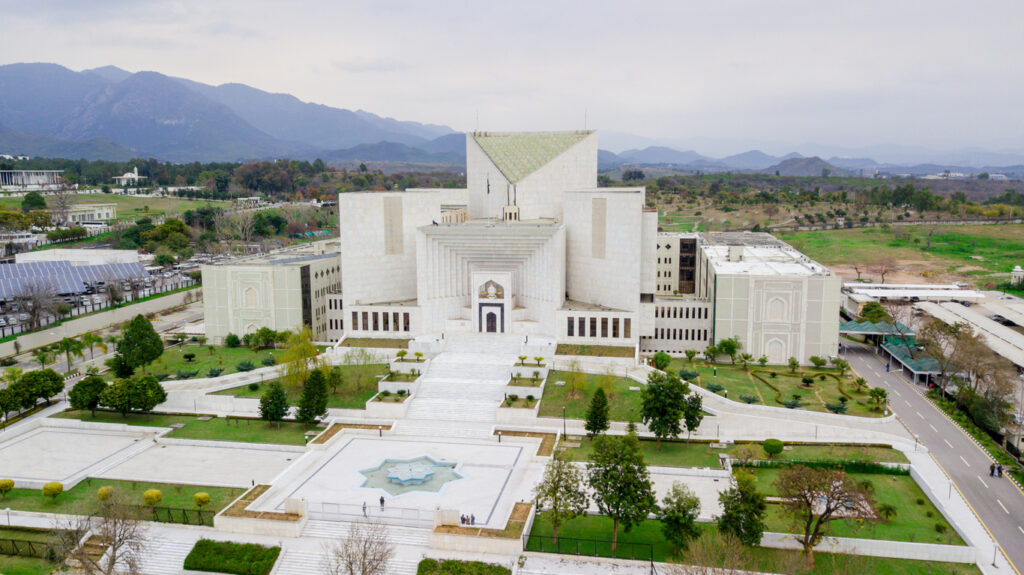In Brief
As a result of the repercussions of the COVID-19 pandemic, the United Arab Emirates (UAE), have recently applied amendments and provisions to the UAE Bankruptcy Law.
As per the most recent amendments to the UAE Bankruptcy Law, Recovery Advisers views these measures as a major step forward in protecting creditors’ interest when faced with distressed debtors in the UAE.
Recent Action – Addition of ‘Urgent Financial Crisis’
As per Ministerial Decree No. 5 of 2021, which was passed on January 10, 2021, the UAE declared COVID-19 an Urgent Financial Crisis.
This most recent amendment to the UAE Bankruptcy Law (pursuant to law no. 21 of 2020), introduced the new term ‘Urgent Financial Crisis’ and its related definition, which entails a general situation which impacts commerce or investments in the UAE, including an epidemic, natural or environmental disaster or war. The applicable period of Urgent Financial Crisis, has been determined from April 1, 2020 to July 31, 2021.
The practical results of the decree are:
- Debtors are no longer required to seek court protection or file bankruptcy within 30 days of suspending payments. That time limit has been listed for the duration of the Financial Crisis.
The courts shall postpone the review of any requests by creditors to bankrupt the debtor until the Urgent Financial Crisis has passed. - Debtor’s whose application has been accepted in accordance with these amended provisions, courts can permit them to seek additional financing with or without security. Such financing shall take priority over any ordinary debt that existed before the application is accepted and procedures were commenced. That new financing can be secured by any of the debtor’s unencumbered assets, or by excess value of encumbered assets.
- Debtor’s assets that are used to secure credit (e.g., mortgaged) can be used to secure that additional funding, and that new security can rank equal or higher than the existing security if the lender is a licensed financial institution and the court accepts to rank that security higher (especially if the funds are used to finance matters vital to the debtor’s survival).
Key measures and provisions applied to the Bankruptcy Law:
The key amendments and provisions applied to the UAE Federal Bankruptcy Law include Preventive Composition, Restructuring, and Bankruptcy, as follows:
Practical points under Preventive Settlements
Preventive Composition help distressed debtors reach appropriate settlements with creditors, based on an approved settlement plan, which must be supervised by court, and with the involvement of an appointed trustee.
- Only the debtor can apply for this protection
- Debtors are required to share their financial standing, projected cash flow statements, commercial plans to return to profitability (for a period of up to 3 years) and a detailed asset list. This also includes a detailed plan on how the outstanding debt will be settled.
- In turn, the court is to decide within 5 days of the receipt of the application.
- Should the application be accepted, a trustee is appointed to supervise the case and the debtor’s business operations.
Practical points under The UAE Bankruptcy Regime
- The UAE bankruptcy regime applies to private companies (including companies in free zones that do not have bankruptcy regimes), companies fully or partially owed by the federal or local government (provided their articles of association subject them to the UAE Bankruptcy Law), merchants, and civil professional companies.
- Debtors in financial distress can seek court protection by applying for Preventive Composition. If approved, this would allow the debtor up three years within which to return to profitability. This period can be extended by an additional 3 years.
- Debtors or creditors with claims of at least AED 100,000 can apply to bankrupt the debtor.
- Courts may attempt to restructure the debtor first.
- If restructuring is not possible or fails, courts will proceed to declare the debtor bankrupt and eventually liquidate the company.
- Throughout any of the aforementioned processes (Preventive Composition, restructuring, or bankruptcy), creditors are either directly represented or represented by committee representatives.
- Decisions typically require approval by creditors representing at least two-thirds of recognized ordinary claims.
Practical points under Restructuring
Amendments to Restructuring, as per the UAE Bankruptcy Law, allow for companies to restructure the business first, before it being liquidated or declaring the debtor bankrupt. Should this be the case, the following applies:
- If the debtor is unwilling to restructure the business, then the appointed trustee shall be tasked to do so, and submit a plan accordingly, within 6 months. Trustees are required to update the Courts on a periodical basis, based on the filed restructuring plan.
- The plan should not exceed a period of 5 years, and can only be extended for an additional 3 years, should the creditors (majority to represent two-thirds of the outstanding debt), approve.
The court is then to approve the extension.
Background of the UAE Bankruptcy Law
The UAE Bankruptcy Law No. 9 of 2016, was initially enacted in September, 2016, and came into effect three months later. However, in September, 2020, amendments and provisions were made to the UAE Bankruptcy Law, under Federal Law No. 21 of 2020. The law relates to all matters related to companies in financial distress. This includes the protection of distressed debtors, as well as restructuring and liquidation.
For more information on the UAE Bankruptcy Law and its implications, please contact Ashraf Abdelhakam [email protected]




